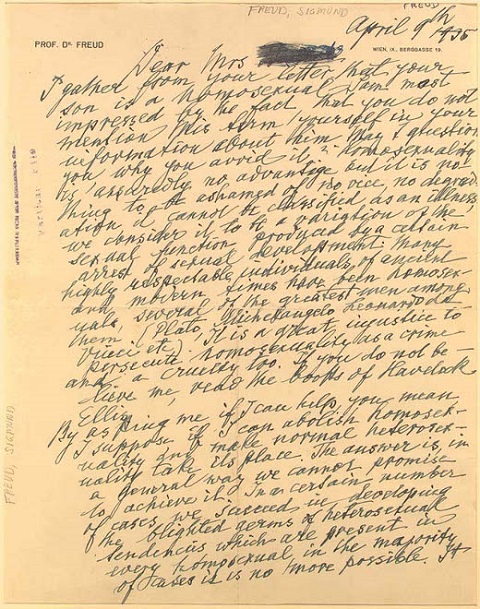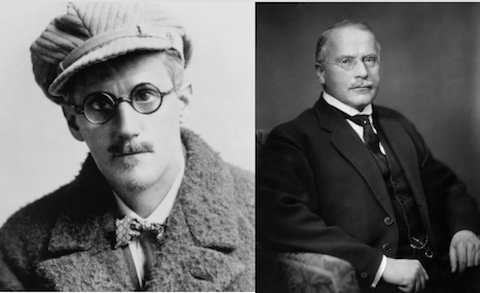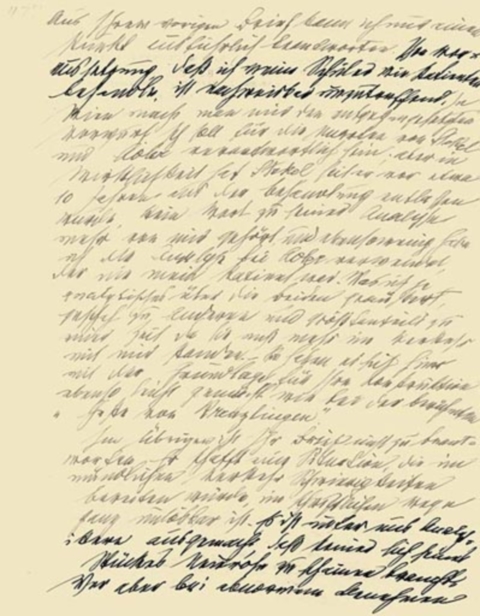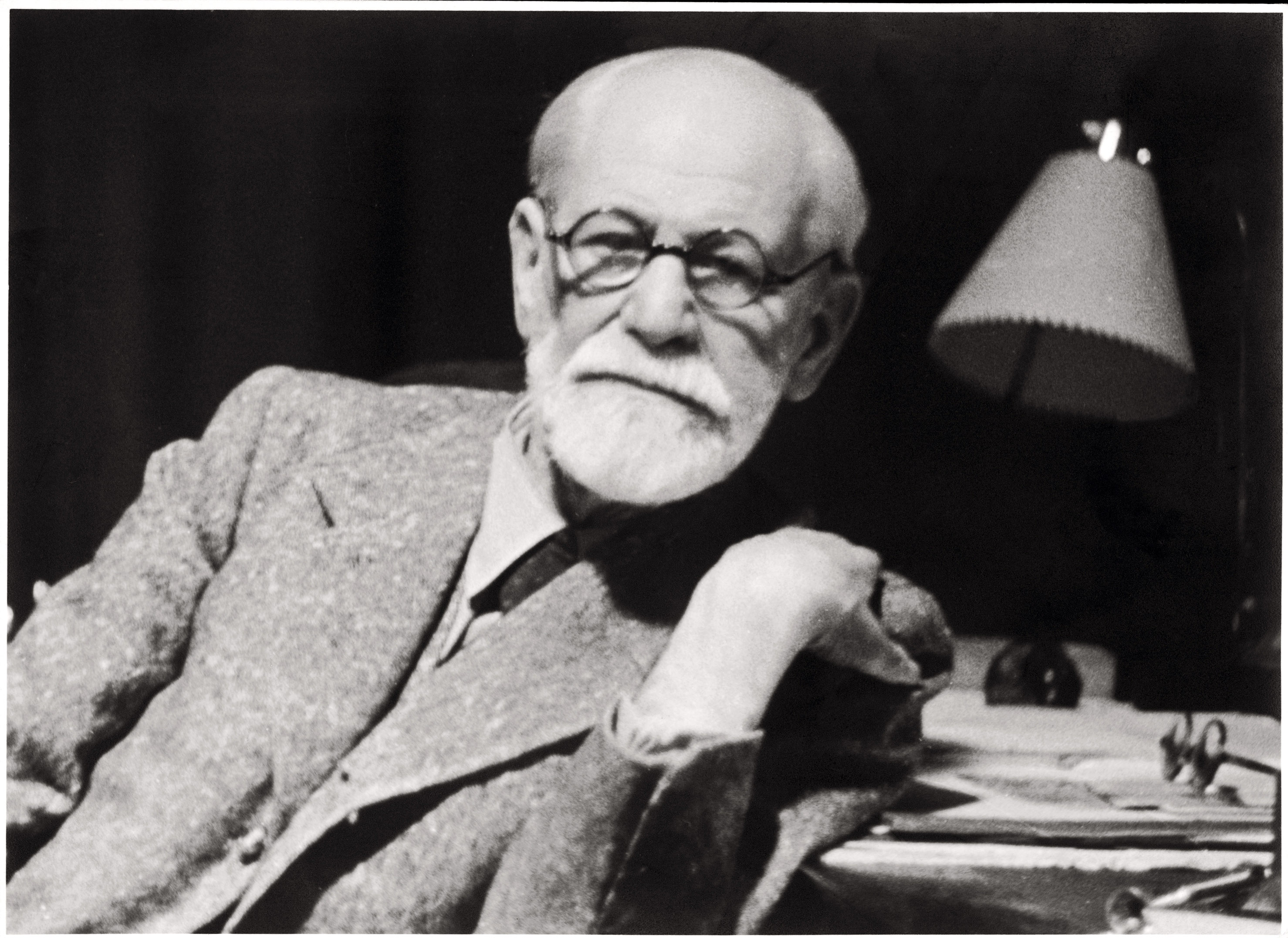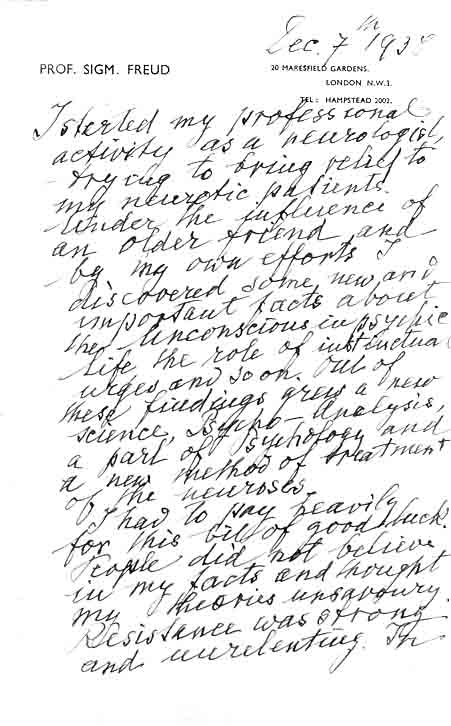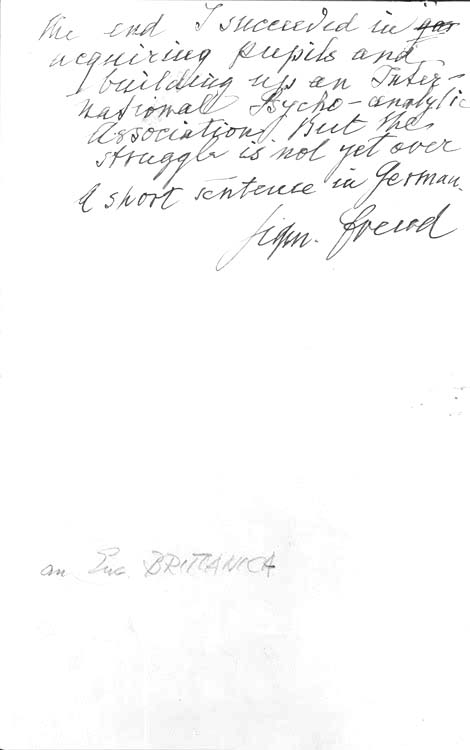We’ve all heard the old philosophical scenario known as the trolley problem: as the runaway vehicle of the name careens out of control toward the edge of a cliff, you must choose whether to pull the lever to switch it to another track. The catch: while the trolley would then no longer plunge off that cliff, bringing about the certain deaths of the five people aboard, it would instead kill someone standing on the other track, who will survive if you don’t pull the lever. In a more fraught version of the problem, you must choose not whether to pull a lever, but whether to shove a person of considerable bulk onto the (single) track, stopping the trolley but killing the bulky individual.
In the Big Think video above, Oxford psychologist Kevin Dutton, author of The Wisdom of Psychopaths: What Saints, Spies, and Serial Killers Can Teach Us About Success, uses the trolley problem to illuminate the condition of psychopathy. While non-psychopaths may dither about the first version of the scenario, they eventually come to the conclusion that they prefer one death to five. They have much more of a struggle with the second version, which requires them to actually push the lone stranger to head off those five deaths. Psychopaths, by contrast, experience no such difficulty: the trolley problem, for them, hardly amounts to a problem at all, and Dutton explains, neuroscientifically, why: “Imagine that I were to hook you up to a brain scanner and present you with those two dilemmas. I would see the emotion center of your brain, your amygdala and related brain circuits, the medial orbital frontal cortex for example, light up like a pinball machine.”
And if he’d scanned a psychopath? “Precisely nothing.” All this assumes, of course, that you do not yourself suffer from psychopathy. If you don’t know whether you do, Dutton offers a handy multiple-choice “psychopath challenge” on his site that can give you an idea of the direction your brain may lean. If you’ve got a touch of the old psychopathy, don’t lock yourself away; as Dutton explains in this Time interview, “you don’t need to be violent,” and you can even attain greater success in certain fields than non-psychopathics — especially if you consider vigilantly and unhesitatingly minimizing the death tolls at diverted cliffside trolley tracks a field.
Related Content:
This is Your Brain on Sex and Religion: Experiments in Neuroscience
What Happens When Your Brain is on Alfred Hitchcock: The Neuroscience of Film
The Dalai Lama on the Neuroscience of Compassion
Free Online Psychology Courses
How To Think Like a Psychologist: A Free Online Course from Stanford
Colin Marshall hosts and produces Notebook on Cities and Culture and writes essays on cities, language, Asia, and men’s style. He’s at work on a book about Los Angeles, A Los Angeles Primer. Follow him on Twitter at @colinmarshall or on Facebook.
